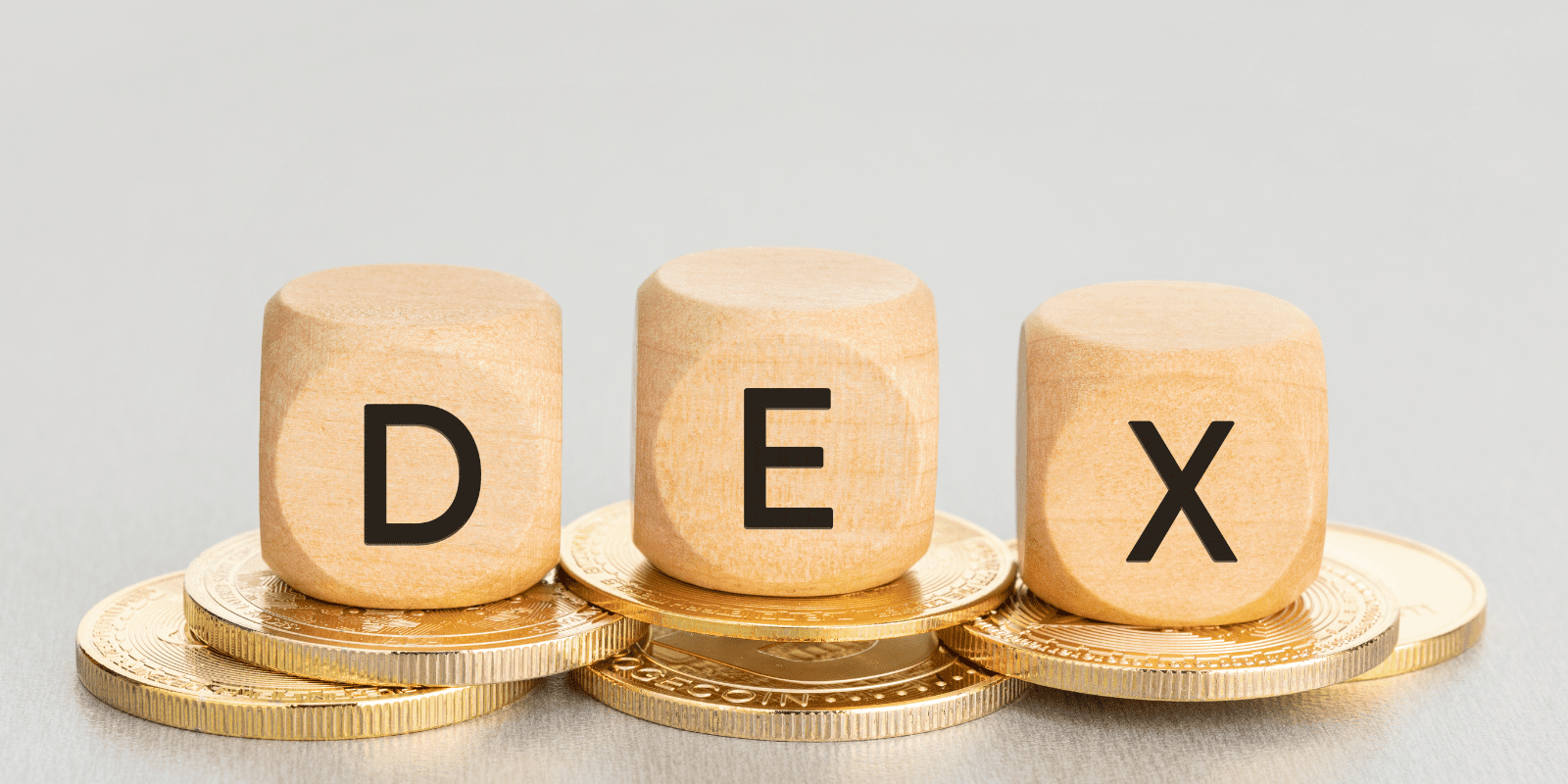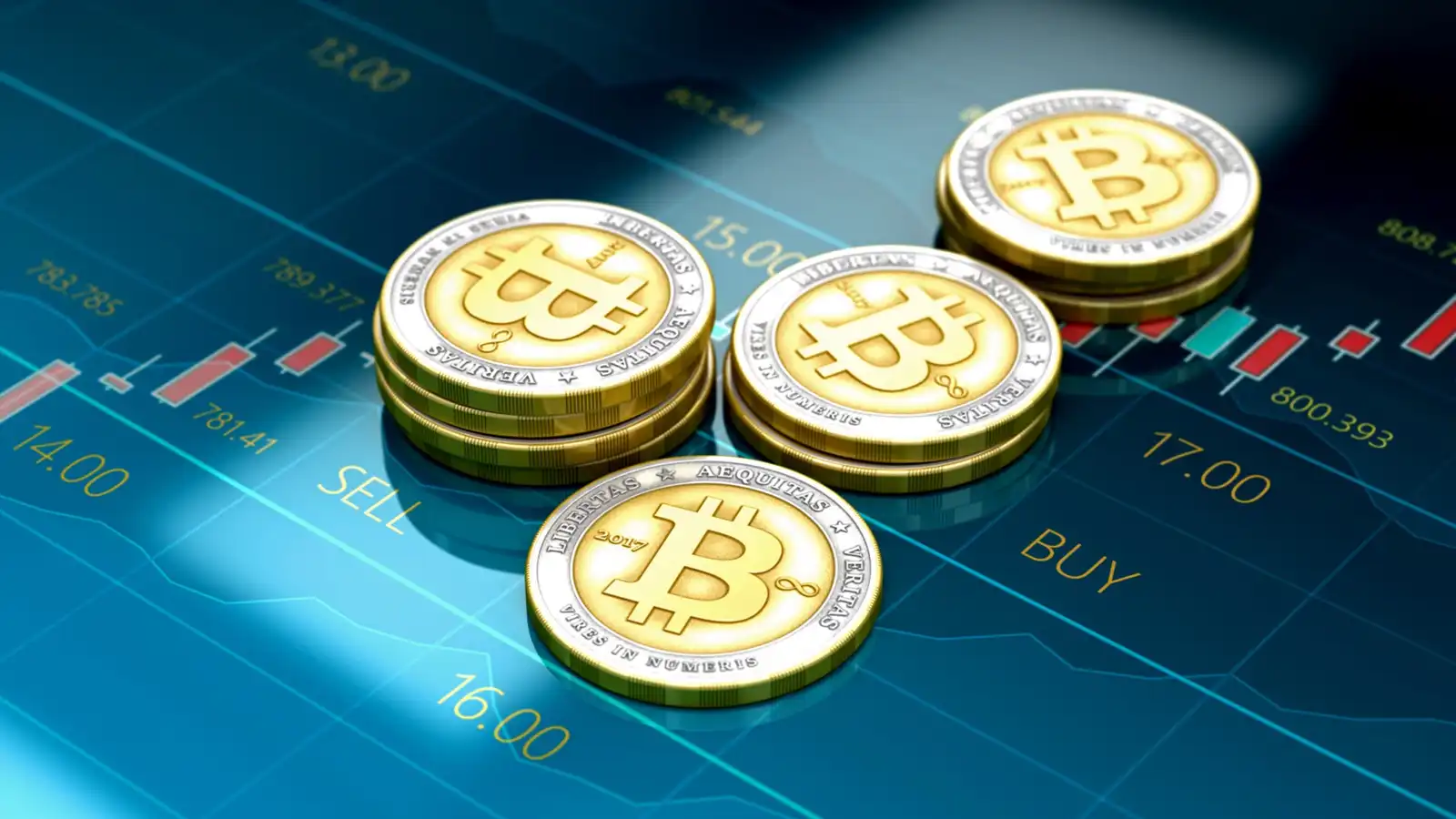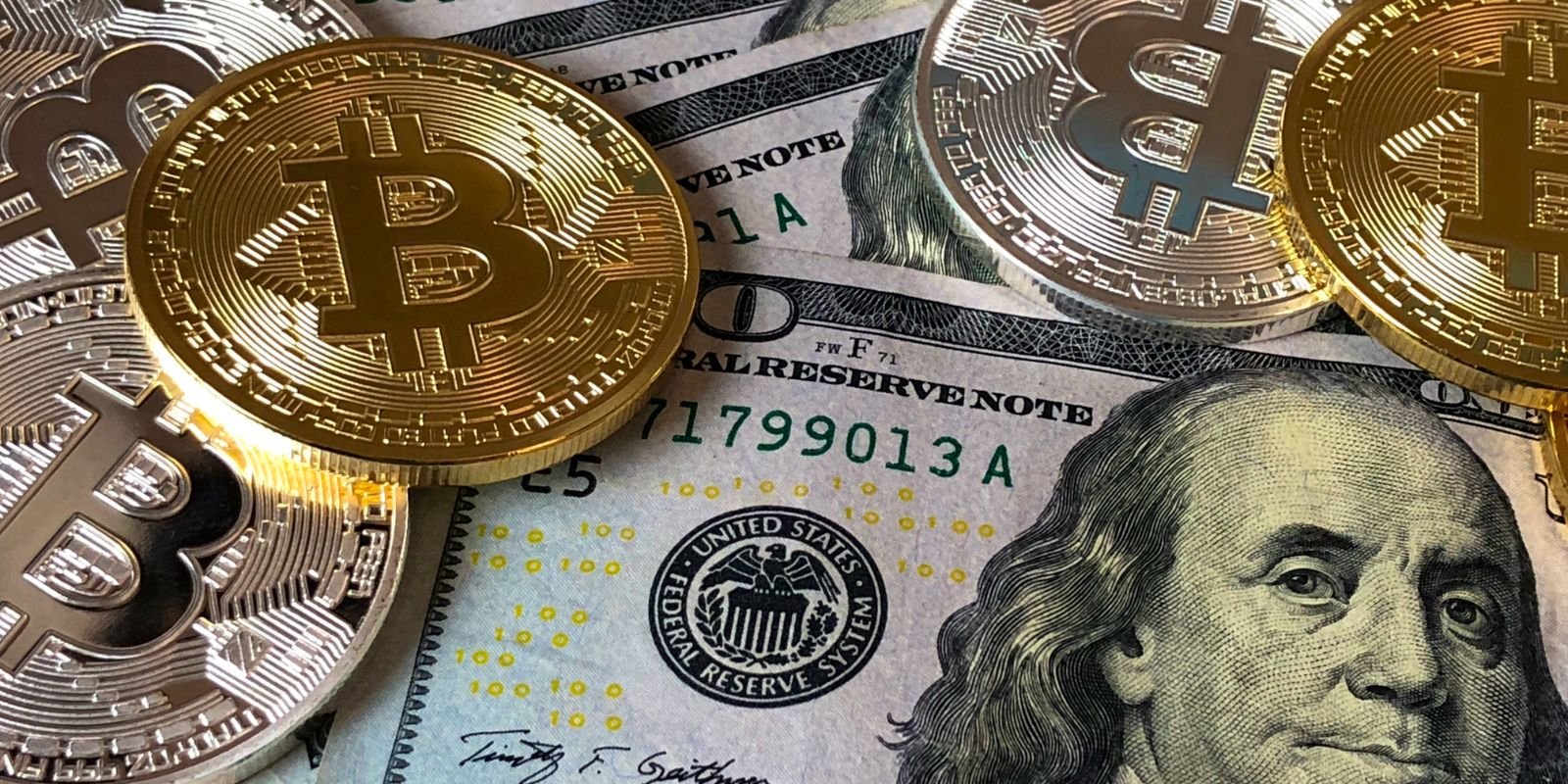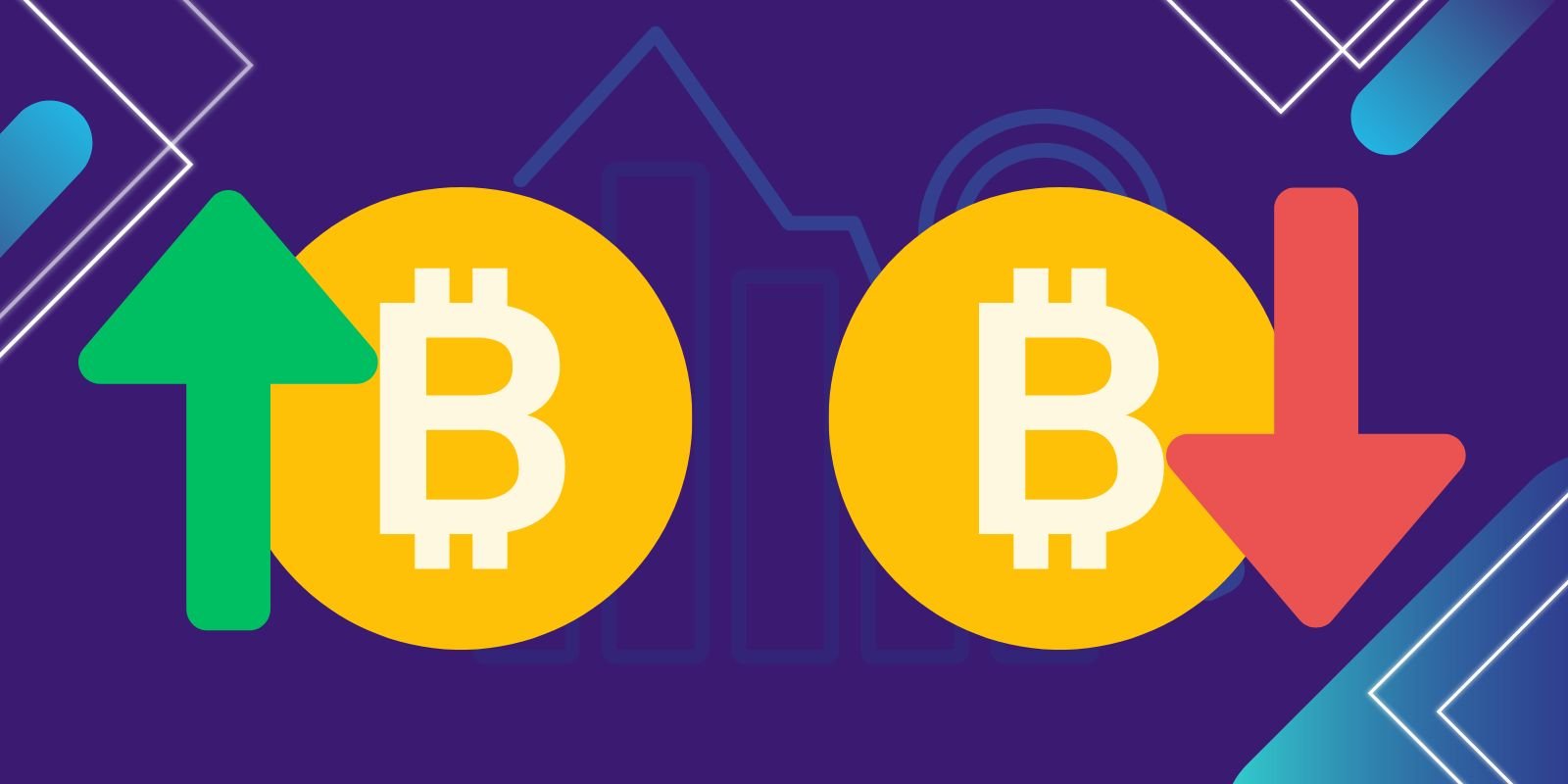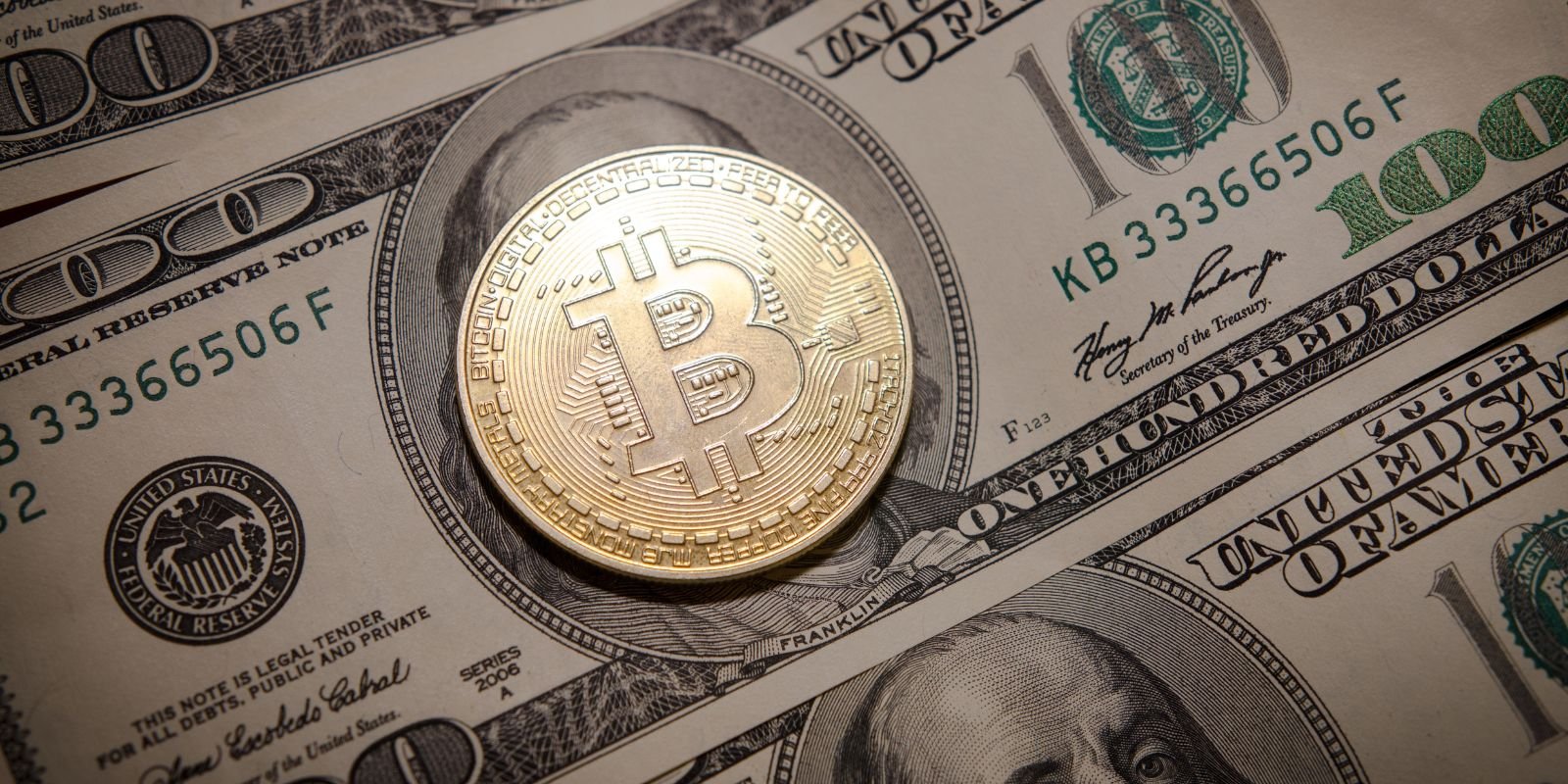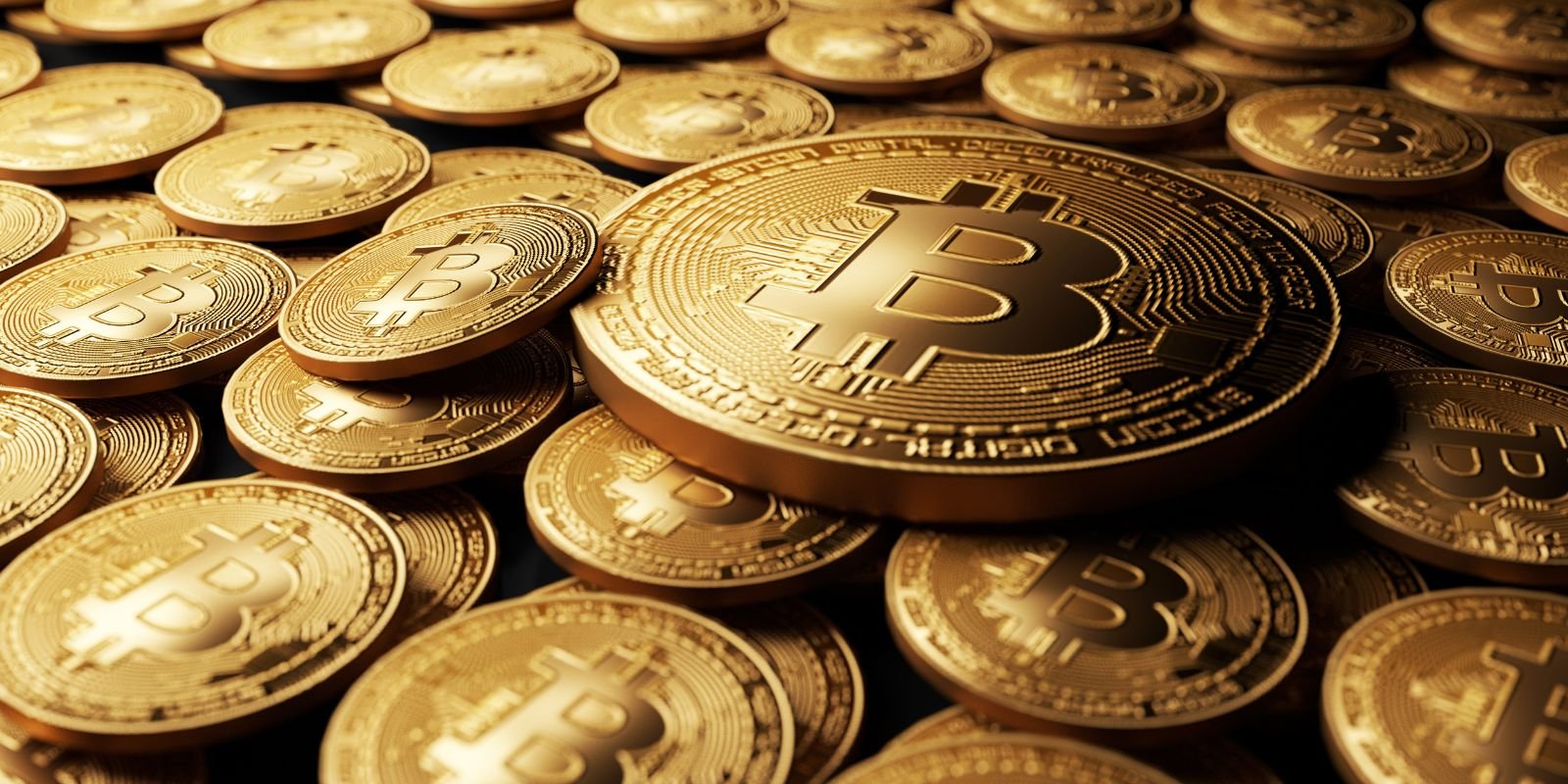Have you heard about decentralized exchanges (DEXs), but don’t understand what they are and how they work? Many of us have become overwhelmed by the growing complexity of cryptocurrency trading, and the allure of new ways to make money, that we may not fully understand. Decentralized exchanges – DEXs for short – offer an alternative way for people to buy, sell and exchange digital currency without having their transactions centrally controlled. In this blog post, let’s take a look at what these novel forms of decentralized exchanges can do for your trading needs – as well as how DEXs fit into the larger crypto ecosystem in general.
What are decentralized exchanges?
Decentralized Exchanges (DEXs) provide a secure and effortless way to trade digital assets without ever needing banks or third parties! Utilizing the power of blockchain technology, these online marketplaces are available 24/7 for traders to have greater autonomy over their own funds. Traditional centralized institutions no longer need approval or processing for your orders – you can do it all yourself with DEXs. This also makes DEXs more resistant to hacking and theft, since the funds are held by users in their own wallets instead of being held centrally by one organization. With more advanced features, such as automated smart contracts, traders can feel secure when making deals with no middlemen involved, making DEXs an attractive destination for those looking to trade cryptocurrency with confidence.

What is their purpose?
DEXs offer a secure solution for trading cryptocurrencies, allowing users to swap coins directly between wallets. As transactions happen in an atomic manner and without the need for any third-party assistance or trust, DEXs effectively eliminate security risks that come with centralized platforms. Moreover, minimal involvement from intermediaries allows faster transaction speeds while simultaneously reducing costs and promoting scalability. You can simply buy Cryptocurrency in Dubai or any other part without involving any other body through DEXs in the minimal possible time. Overall, the purpose of decentralized exchanges is to provide traders with a secure platform where they can trade digital assets while maintaining full control over their funds.
What problems do they solve compared to traditional exchanges?
Here are some problems that DEXs solves: 1. DEXs have the distinct advantage of being more user-friendly than traditional exchanges, as users don’t need to go through a tedious registration process. Plus, DEX fees are usually lower compared to those at ordinary exchanges – talk about a win-win! 2. With DEXs, you’re granted a greater level of freedom when it comes to listing new assets and trading pairs because they are not subject to the same regulations as traditional exchanges. Consequently, users can enjoy decentralized markets with no centralized authority or middleman involved in the process. 3. DEXs guarantee unparalleled security compared to traditional exchanges, as users never have to deposit their funds with a central entity. This eliminates the potential for a single point of failure and the resulting loss of user capital. 4. DEXs are much more rapid and effective than traditional exchanges since they do not require orders to be matched through a centralized system. Instead, trades are executed directly between users on the network – so you can get your hands on crypto with no hassle! 5. DEXs offer a greater degree of privacy than traditional exchanges, as they do not require users to provide personal information such as their name or address.
How do DEXs work
Decentralized Exchanges (DEXs) are transforming the cryptocurrency world. DEXs process and manage transactions on peer-to-peer networks, ensuring every transaction is safe and secure without relying on a centralized server. This means no counterparty risk or costly overhead of an exchange’s operations – just improved security at a reduced cost! With DEXs, users can transact with one another directly giving them more control over their funds than ever before. Additionally, some DEXs employ smart contracts which enable preprogrammed rules for transaction settlement and execution. By working in this way, DEXs provide users with fast, secure and convenient means of exchanging digital assets with minimal fees. Due to its many benefits, people opt to buy Bitcoin in Dubai and elsewhere through DEXs for convenience.
Why are they becoming more popular than centralized exchanges?
Decentralized exchanges (DEXs) are gaining popularity in the cryptocurrency market for a variety of reasons. For one, DEXs don’t require the user to entrust their funds to a third-party service, so users can maintain greater control over their digital assets. Additionally, DEXs are more transparent and secure because they have no single point of failure, meaning they can’t be shut down or censored by any authorities. Plus, since most DEXs operate on smart contracts and decentralized networks, they provide lower processing fees and faster execution times than traditional, centralized exchanges. All these qualities put together make DEXs an attractive option for many investors who want access to a secure and efficient way of trading cryptocurrency.
Features decentralized exchanges offer that centralized exchanges don’t?
DEXs offer a lot of features, some of which are listed as under 1. Decentralized exchanges offer more security than centralized exchanges. 2. Decentralized exchanges offer more privacy than centralized exchanges. 3. Decentralized exchanges offer more control over your funds than centralized exchanges. 4. Decentralized exchanges are not subject to government regulation. 5. Decentralized exchanges are not subject to shutdowns by governments or other authorities.
Benefits of using a decentralized exchange
1. Increased Security
One of the primary benefits of using a decentralized exchange is increased security. When you use a centralized exchange, you are trusting the exchange to keep your funds safe. However, centralized exchanges have been hacked in the past, and user funds have been stolen. By contrast, when you use a decentralized exchange, you are responsible for keeping your own funds safe. This means that you can store your funds in a secure wallet, such as a hardware wallet, and only trade when you need to.
2. Greater Privacy
Another benefit of using a decentralized exchange is greater privacy. When you use a centralized exchange, you must provide personal information, such as your name and email address. However, when you use a decentralized exchange, you do not need to provide any personal information. Just using your address, you can buy or sell Bitcoin in Dubai or where ever you want to. This means that your transactions are more private and cannot be traced back to you.
3. Lower Fees
Decentralized exchanges also tend to have lower fees than centralized exchanges. This is because there are no middlemen involved in the process. When you use a centralized exchange, the exchange takes a cut of each trade that is made. However, when you use a decentralized exchange, there are no fees charged by the exchange. Instead, each party pays a small fee to the network that facilitates the trade.
4. Access to More Altcoins
Another benefit of using a decentralized exchange is that it gives you access to more altcoins. Altcoins are cryptocurrencies that are not Bitcoin. When you use a centralized exchange, you can only trade the coins that the exchange supports. However, when you use a decentralized exchange, you can trade any coin that is listed on the network. This gives you access to a much wider range of coins and allows you to diversify your portfolio more easily. 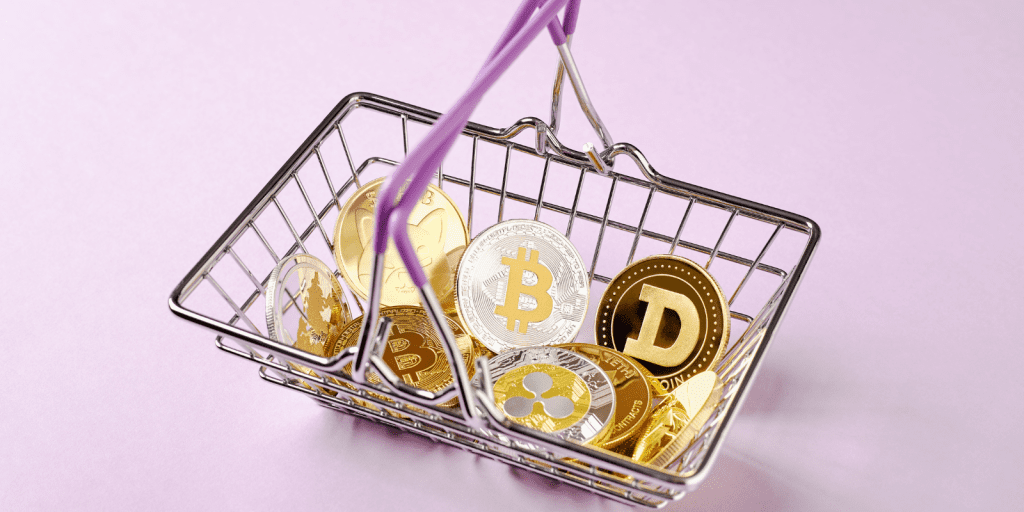
5. No Geographical Restrictions
Finally, another benefit of using a decentralized exchange is that there are no geographical restrictions. Centralized exchanges are subject to regulations in different countries. This means that users in some countries may not be able to access certain exchanges due to restrictions. However, decentralized exchanges are not subject to these same restrictions and can be accessed by anyone in any country.
Are there any drawbacks to using a decentralized exchange?
Yes, there are some significant drawbacks to using a decentralized exchange (DEX).
- One of the primary downsides is that DEXs usually provide less liquidity than their centralized counterparts. On most DEXs, anyone can list any token for trading on the platform; this means that low-volume tokens or obscure coins may be listed with relatively little demand from buyers and sellers.
- Another downside is related to security. Despite the benefits that a decentralized system provides by eliminating trusting third-party custodians, it also means that users must handle their own funds within an open codebase which makes them more susceptible to bugs and vulnerabilities. As such, users who aren’t familiar with the technical aspects of cryptocurrency trading may have difficulty securely handling their coins over these types of exchanges because they may not understand how each interface works or how certain wallet software functions – increasing the risk of theft and lost coins if mishandled.
- Related to user experience – most DEXs don’t offer features like margin funding or leverage options making it difficult for traders interested in advanced strategies such as short-selling since there will likely be less speculative interest driving market activity overall.
- Additionally, some platforms fail at creating sufficient incentive systems to actually attract experienced traders due to their lack of liquidity compared with centralized alternatives leaving mainly casual traders operating within them leading up to a less efficient market structure overall than what one might find through CEXs (centralized exchanges).
How to use a decentralized exchange
Using DEXs is simple and straightforward for anyone familiar with cryptocurrency trading. The steps for getting started are detailed below:
1. Find a suitable decentralized exchange
Before getting started on the DEX platform itself, you must first find one that suits your needs; different exchanges will often feature different tokens and market conditions depending on the volume of trades happening within them at any given time. A good way to start would be researching various platforms’ popularity amongst traders and checking out reviews from other users who have used them before – this can help narrow down your search until you find something that fits your requirements best.
2. Fund Your Account
Once you’ve chosen an appropriate exchange platform it’s time to fund your account with some cryptocurrency or fiat currency (depending on what pairs they support). This process will usually involve sending funds to an address provided by the exchange operator; alternatively, some exchanges may require verification processes before allowing access or depositing funds into your account (just as if it were a regular bank account).
3. Purchase / Exchange Tokens
Now that you have money in your account balance it’s time to purchase or exchange tokens which are available on the particular platform you selected – each token will typically have its own listing page describing the details around purchasing/selling amounts of said token along with corresponding order books detailing up-to-date prices between buyers/sellers in real time – both allowing for more informed decision making when deciding when/what to buy/sell.
4. Secure Your Funds
As with any online cryptocurrency platform, it’s important to keep your funds safe as there is always a risk of hackers targeting exchanges and stealing user funds – so be sure to enable two-factor authentication (2FA) whenever possible and ensure that you are only sending funds to addresses known to be controlled by the exchange operator. Additionally, if you are storing crypto on the DEX itself then it is important to make use of any security measures provided such as cold storage wallets or other encryption techniques that protect your funds from being accessed without permission.
5. Withdraw Your Funds
When finished trading and ready to cash out, the process is usually quite simple – all you have to do is specify the amount of currency you wish to withdraw and enter a valid address that is able to receive it. Depending on the exchange, fees may apply for withdrawing from their platform so be sure to review these beforehand. Once complete, your funds should arrive within minutes or hours depending on network congestion and other factors.
Conclusion
Decentralized exchanges are a newer development in the cryptocurrency world, and they offer many benefits over their centralized counterparts. DEXs are more secure, more private, and more resilient to attack than centralized exchanges. They also have the potential to be much cheaper to use. However, decentralized exchanges come with their own risks that users should be aware of. Before using a DEX, make sure you understand how it works and what those risks are. With that knowledge, you can safely and effectively trade on a decentralized exchange.

